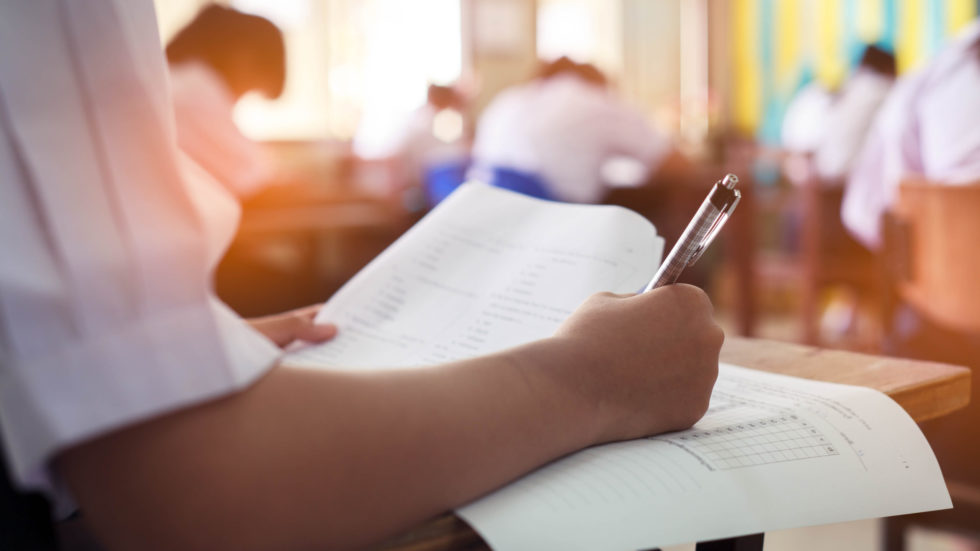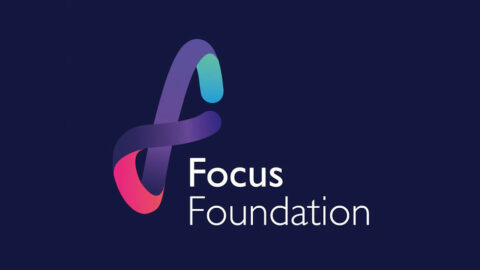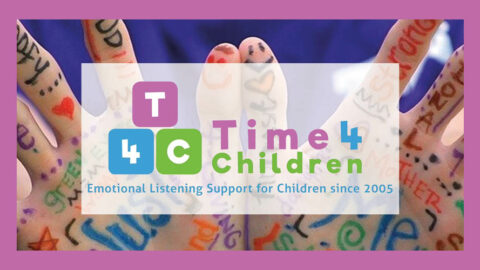Testing Times

Testing Times
Today, children of all ages are routinely being tested during their education, for some parents, the testing may be considered too much, too soon and too challenging. However, with the tests and exams firmly in place, there is no getting away from them and it is a case of tackling them, whatever the test or exam’s age-range.
Primary School Tests, Age 4 – 11
At primary school age, children are tested at regular intervals to monitor their early years progress, so although revision might be less of a burning issue, there are ways to keep young minds fully alert and topics fresh in the mind. Whether ahead of tests, or just in general, think about parent and child learning – read together, work on spellings, and for maths, bring arithmetic into day-to-day activities such as establishing cookery measurements, working out change on shopping trips or distances on journeys.
Secondary School Exams, Age 13 – 16
Secondary school brings with it many testing times for teenagers, the Key Stage 3 SATs for 13 and 14-year-olds are a way of gauging a student’s progress ahead of GCSE study. At GCSE level, students will likely for the first time face new conditions – controlled assessments, essays and extended projects. Understanding how exam boards mark is an important aspect of preparation, teachers should be able to advise on this and give helpful hints as to what markers will be looking for in exam responses.
Ahead of exams it is a good idea to refer to past papers, these can give students a feel of exams and the terminology to expect in a GCSE paper, online revision guides are helpful too and offer something more engaging than simply looking back on classroom notes and textbooks. Successful revision is typically not crammed revision and it requires regular breaks, therefore, once your child has an exam timetable, plan ahead the subjects and the days in which they will be revised, and also create rest and relaxation time.
Sixth Form Exams, Age 16 – 18
At sixth form, students who are working towards A-levels will face a step-up in the intensity of general study and exams as grade predictions and ultimately grade awards will determine any university place offers and awards. As with GCSE revision, look at using past papers and a variety of different revision techniques to provide a wide range of learning aids. It is important for students to realise that they are not alone when it comes to revision – buddy-up with fellow students or look at hiring a private tutor to help with revision.





